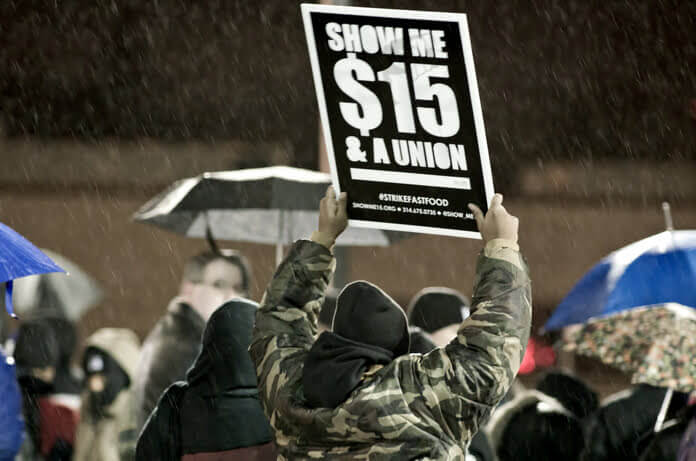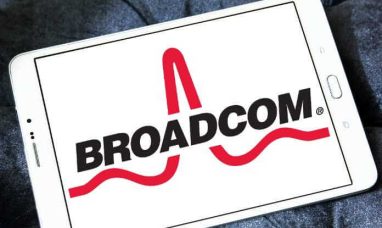On Monday, California’s legislature passed a bill that would create a government panel to regulate wages for roughly half a million fast food workers in the state. The state became the first in the US to do so in a move that labor unions hope will spread to other parts of the country.
The bill titled the Fast Act will create a panel with members appointed by the governor and other legislative leaders comprised of union representatives, employers, and workers. The panel plans to set fast food workers’ hourly wages to $22 from next year and then increase them annually by the same rate as the CPI with a 3.5% ceiling.
An earlier version of the Fast Act bill passed in January also gave the council powers to oversee workplace conditions like scheduling and made restaurant chains joint employers of their franchise’s employees, making them liable for labor violations.
Last week, representatives from McDonald’s Corp. (NYSE:MCD), Yum Brands Inc. (NYSE:YUM), and Chipotle Mexican Grill Inc. (NYSE:CMG) managed to have those provisions removed in the Senate through amendments, however. According to the president of the International Franchise Association, Matthew Haller, this is likely to end up as the biggest fight in which the franchise industry has ever been involved.
Currently, California’s current minimum wage is $15. The franchisee association commissioned a study carried out by the University Of California Riverside School Of Business that established that setting minimum wages between $22, and $43 would increase labor costs by 60% while fast-food prices would rise by approximately 20%.
With the Fast Act bill’s final version passing in both houses, Democratic Governor Gavin Newsom has until September 30 to decide if he will sign or veto the bill. Although the governor hasn’t taken a public position, his department of finance had been opposed to the original version of the bill.
Fast Act Could Trigger Regulations Across the US
When California lawmakers first introduced the bill last year, proponents argued that tighter regulations were essential to protecting fast food workers majority of whom are Black or Latino considering they experienced many labor violations, including unpaid overtime.
Regardless of the recent changes, supporters of the bill have said that it still marks a significant step forward. Former Democratic legislator Lorena Gonzalez who introduced the bill believes that it has brought California closer to Europe’s business model where unions negotiate for worker conditions and wages for the whole sector instead of on a company-by-company basis.
The Fast Act bill will cover franchised fast food restaurants with limited or no table service, and customers pay before eating when they order. The restaurant must have at least 100 locations nationally, an increase from 30 locations proposed in the earlier version of the bill.
In a client note earlier this month, Citigroup Global Markets analysts explained that California was responsible for about 14% of total US restaurant sales, and any policy changes in the state usually affect the rest of the sector. As expected, investors have already begun to question the Fast Act bill’s potential implications, considering that restaurant chains are already struggling with increasing food and labor costs.
However, Dunkin’s CEO Paul Brown and Inspire Brands Arby’s believe that the bill will bring a lot of problems to the sector and that it is trying to solve a non-existent problem.
Between 2021 and June 30 this year, Chipotle, Jack In The Box, Burger King, Chick-fil-A, and Yum Brands have collectively spent over $1 million to lobby lawmakers, while the International Franchise association representing more than 1,200 brands, has spent $615,000 lobbying against the Fast Act. In contrast, labor unions have spent over $5 million to lobby the legislature since 2021, according to state records.
Republican Senator Shannon Grove told the Senate that a representative from Mcdonald’s had told her if the bill became law, the company could stop expansion plans in California or pull out entirely.
Featured Image: Megapixl @Bigpollo62















